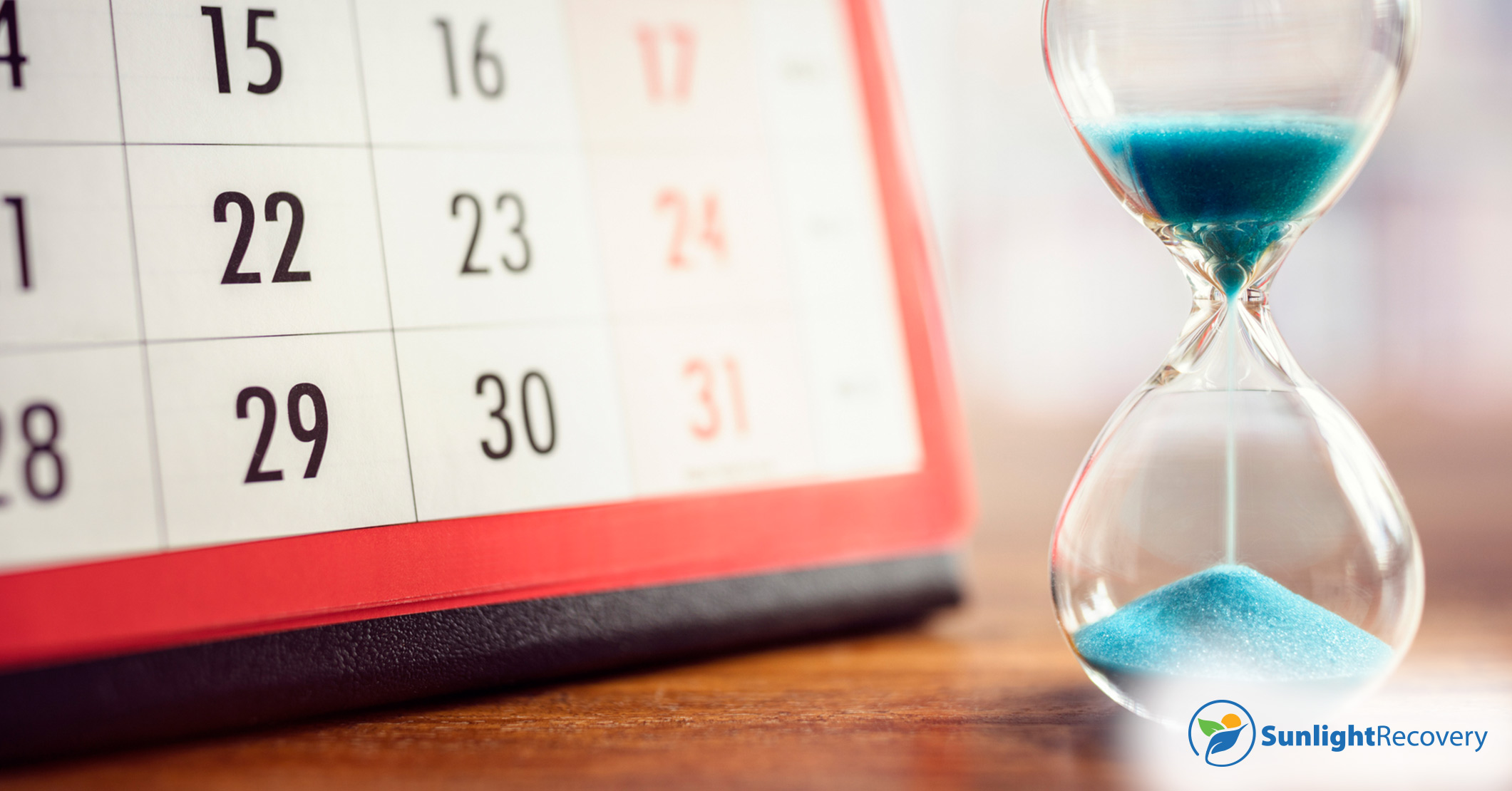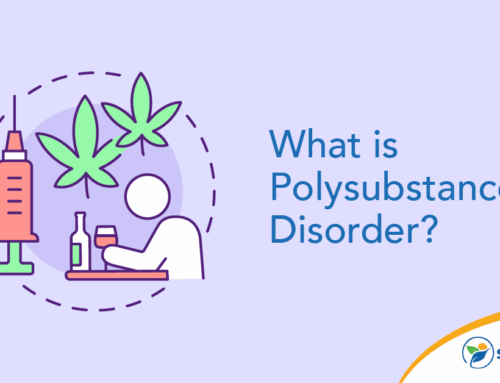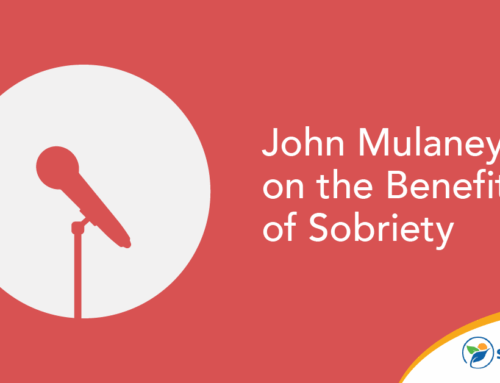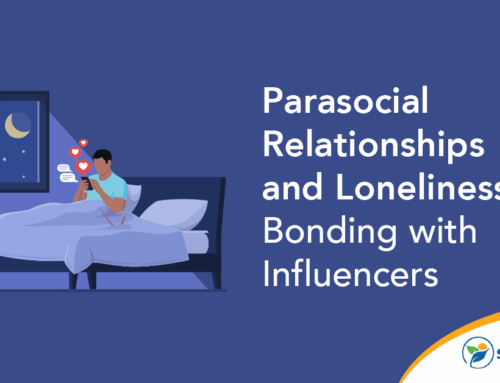In 1956, the American Medical Association classified alcohol addiction and dependency as a mental illness. From genetics to life circumstances, there isn’t a root cause for substance abuse, making alcoholism a complex disease. 30% to 40% of affected people are likely to suffer from other mental health issues, which can be exacerbated by drinking.
What is Antabuse?
Luckily, there are a multitude of support systems and medical interventions in place to prevent relapse. One of these methods is to tackle the physical aspect of drinking by administering the medication Antabuse, also known as Disulfiram. This drug doesn’t address the underlying emotional issues causing alcohol dependency, but it’s a starting point for detox.
Antabuse works by causing a sensitivity to ethanol. The body builds up dangerous levels of the toxin acetaldehyde, which then reacts to any kind of alcohol. Under no circumstances should you take the drug if you are pregnant, allergic to the ingredients, or have heart and kidney problems. Before making the decision to take medication for your alcohol dependence, you should get consent from a psychiatrist.
People prescribed the medication will have questions about how it works — for instance, how long after Antabuse can you drink, and how long does Antabuse last? We’ll get into the answers below.
How Long After Antabuse Can You Drink?
To be on the safe side, individuals should avoid drinking for 14 days after their last dose of Antabuse, while the first dose shouldn’t be administered within the first 12 hours after drinking. You might get that drunk feeling after alcohol, but you’ll also feel sick. Anti-drinking medication works by blocking the liver’s attempt at breaking down alcohol, which leaves the body in a toxic state.
The body responds by trying to get rid of the toxins, which causes severe nausea and vomiting. One of the side effects of the drug—especially if used long term—is liver damage. Antabuse is a prescribed schedule 4 drug that shouldn’t be taken lightly. If you know the body’s reaction and still have a strong desire to drink, then make a point of phoning a friend or your sponsor.
How Long Does Antabuse Last?
Antabuse acts as a deterrent to alcohol and is believed to curb cravings. For addicts, it aids the recovery process but needs to be administered by a qualified healthcare professional. It takes one to two hours to start working, has a half-life of 60 to 12 hours and can stay in the body for up to 14 days
If you can’t stay the course and you’re wondering how long after Antabuse can you drink, it’s safe to stick to the minimum of two weeks. If you need to start a course of this alcohol-inhibiting drug to save your life, the good news is that the effects set in quickly.
The Antabuse drug is usually prescribed according to a daily regime, where 500mg is given in pill form and then cut down to 125mg for long-term maintenance. For long-term use, the drug is deemed safe to use, provided liver enzyme levels are monitored on a regular basis.
Antabuse isn’t only administered in pill form. In the UK, patients can get an implant that slowly drip feeds medication into their system for up to 12 months. Antabuse can have side effects, which need to be monitored. The less serious side effects include acne, a metallic taste in your mouth and loss of libido.
When you’re prescribed Antabuse, it’s a good idea to regularly check in with your health care provider.
Disulfiram and Drinking
Disulfiram and drinking don’t make for the perfect marriage. Because Disulfiram inhibits the metabolizing of alcohol, it can make you sick on a hair-trigger. Even consuming a small amount can leave you with that hangover feeling, coupled with the below symptoms:
- Violent vomiting episodes
- Persistent nausea
- Blinding headaches
- Hot flushes and sweating
- Episodes of dizziness and fainting
- Brain fog and confusion
- Labored breathing, accompanied by chest pain
- Irregular heart beat
- Stomach cramps and diarrhea
The risk of drinking while on Disulfiram is not worth the consequences. People who have a history of coronary disease and heart issues should avoid the drug altogether, as it can cause heart failure.
If you are on Disulfiram, your symptoms may last for quite a while, depending on the quantity of alcohol consumed. Bear in mind that you can never build up a tolerance to Disulfiram.
“I Drank on Antabuse… Now What?”
Drinking on Antabuse is cause for concern. People who cannot resist drinking because of personal problems need to understand the risks involved when mixing a toxic cocktail of alcohol and Antabuse. Anything containing small traces of alcohol can illicit the same kind of reaction, which means it’s best to avoid the following:
- Cough syrup
- Fermented health drinks
- Perfumes
- Wine based sauces
- Lotions and inflammatory rub
- Alcohol swabs
It’s quite normal to relapse, but if drinking happens while on a prescription drug regimen, then more drastic measures need to be taken. Inpatient care and rehabilitation will give you the tools you need to live one day at a time. While under care, you can tackle the underlying causes of your addiction and establish coping mechanisms.
It’s wise to get help with your addiction issues from a variety of sources, not just from medication. Checking into a rehab center and regularly checking in with a psychiatrist will aid your lifelong recovery process. Disulfiram will help kickstart the process and help you think more clearly, but should be used in conjunction with other therapies.
Getting Support
Contact Sunlight Recovery if you’re battling with alcohol or drug dependency. A host of qualified and compassionate professionals are on hand 24-7 to get you started on the road to recovery. The team can help with your initial detox period and come up with an action plan for living a life of sobriety. With the right kind of help and a willingness to put in the work, your challenges can be overcome.







